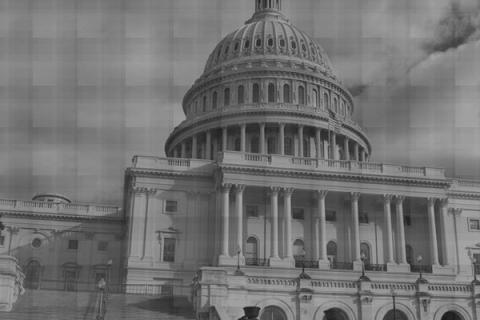In a flurry of other controversial rulings Monday, the Supreme Court overturned a Chicago gun ban as unconstitutional in the now landmark decision, McDonald v. Chicago. In doing so, the nation's highest court took the unprecedented step of "incorporating" the Second Amendment right to keep and bear arms.
"Incorporation" is the process by which the protections in the U.S. Bill of Rights- that is, the first ten amendments of the Constitution- are applied to state and local governments in addition to the Federal government for which they were originally intended. This means that states and local governments like California and San Diego are legally bound by the Second Amendment just like the Federal government is.
Supreme Court Justice Samuel Alito argued that the ruling's effects would be relatively modest, saying that "Despite municipal respondents' doomsday proclamations, does not imperil every law regulating firearms." He wrote in the court's decision that this ruling would not challenge the power of state and local governments to keep guns out of the hands of children, felons, and the mentally-handicapped.
"But," reports the Washington Post, "the Gun Owners of America, which fashions itself as a more conservative alternative to the NRA, predicted 'tremendous ramifications' for gun-control laws in California, New York and elsewhere." And Sam Paredes, the executive director of Gun Owners of California is stoked:
"We are ecstatic. We believe that for the first time we are on offense. We fully intend to go against laws that are on the books in California and in local communities that we believe are unconstitutional to have them overturned."
Exactly which laws will Paredes and other activists be "gunning" for? The Supreme Court ruling will open the door for California's concealed-carry permit laws to be challenged for giving local law enforcement too much personal discretion in deciding who receives the permits. The state's assault weapons ban and safe handgun regulations could also be vulnerable to challenges in court.
Central to the controversy over this decision is obviously the perennial debate between advocates of gun control as a means of keeping communities safe, and advocates of more unregulated gun ownership as a natural right and best deterrent to violent crime. But there is another issue of equal or greater import to Californians at stake.
Does the Federal government have the legitimate authority to tell California or Los Angeles that they can't restrict gun ownership in their respective jurisdictions?
Was our country set up that way?
Does our Constitution permit it?
Under the "incorporation doctrine" -which has been used for nearly all of the other amendments in the Bill of Rights- it might.
Would opponents of McDonald argue after all, that states should be able to restrict free speech or impose religion on their residents? Though dissenting from the majority decision in McDonald, Justice Stephen G. Breyer argued that the Federal government has no legitimate power to regulate gun ownership because it is less fundamental a matter than speech or religion:
"In a nation whose constitution foresees democratic decision-making, is it so fundamental a matter as to require taking that power from the people? What is it here that the people did not know? What is it that a judge knows better?"
Whatever moral ascendancy the nation's conservatives could once claim as opponents of judicial activism, they may have lost it in their resounding approval of McDonald v. Chicago. Only time will tell how their support for it will play out, and only time will tell how radically this landmark decision will alter California's gun policies.
Now who's ready for some tense confirmation hearings?

